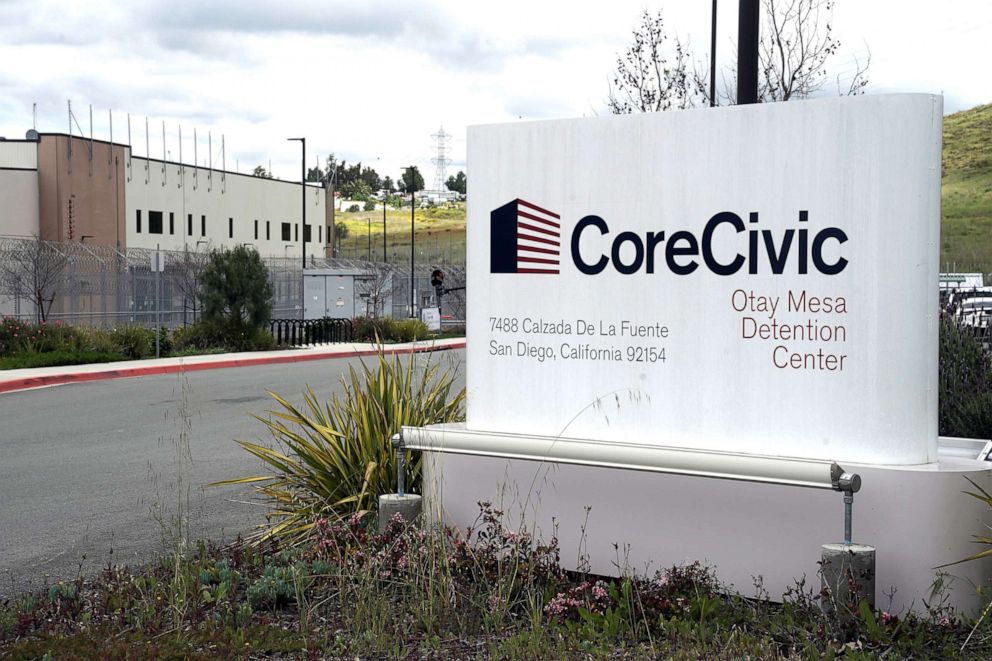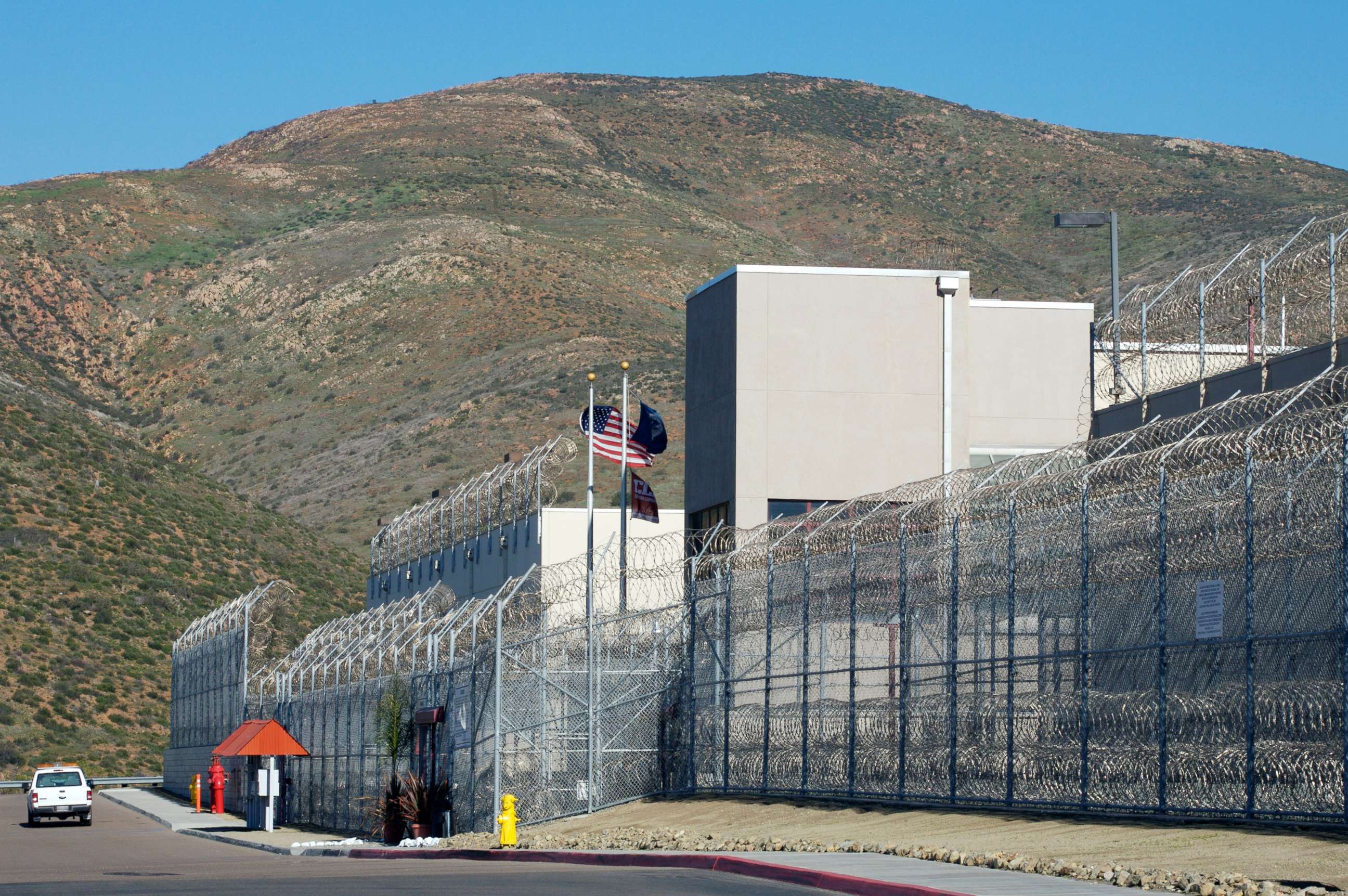Salvadoran man detained by ICE dies of COVID-19
Advocates are continuing calls to release detainees.
A 57-year-old man from El Salvador held in Immigration and Customs Enforcement custody died at a Southern California hospital Wednesday after contracting COVID-19.
It’s the first reported coronavirus death since the first ICE detainee tested positive six weeks ago, according to agency officials.
Carlos Ernesto Escobar-Mejia had been held at the Otay Mesa Detention Center in San Diego after his arrest near the border earlier this year. He had made multiple attempts to enter the U.S. and was denied bond release on April 15, according to ICE.
The routine medical screenings for anyone held in immigration custody have become more essential since wide-spread coronavirus outbreaks began. Escobar-Mejia was found to have hypertension and told ICE medical personnel in January that he had diabetes.

As it does with similar cases, ICE officials have started to review the circumstances of his death.
“ICE is firmly committed to the health and welfare of all those in its custody and is undertaking a comprehensive agency-wide review of this incident, as it does in all such cases,” the agency said in a statement.
There have been 705 confirmed coronavirus cases out of the 1,460 detainees tested, according to the latest reports from ICE. The Otay Mesa Detention Center in San Diego where the late Escobar-Mejia was held has the single highest number of cases out of any detention center in the country. To date, 141 ICE employees nation-wide have tested positive.

Escobar-Mejia was on a list of medically vulnerable detainees mandated for review by a federal judge when he died, according to the San Diego Union Tribune, which first reported the news of his death.
Coronavirus continues to spread through immigration detention as the agency faces pressure to release detainees most susceptible to the disease. Immigrant advocacy groups filed a complaint with Department of Homeland Security watchdogs on Thursday on behalf of detainees living in cramped cells.
“ICE must act swiftly to ameliorate the risk for those in its custody,” said Karen Lucas, Director of the Immigration Justice Campaign. “This should begin with a substantial reduction of the detained population. Under the law, ICE has the discretion to release far more people from these dangerous detained conditions - and to choose humane and effective alternatives to detention instead.”
As judges across the country force individual detention centers to release certain detainees, the 9th Circuit Court of Appeals put a stop to the ordered releases at one facility in Los Angeles this week. The reversal still requires ICE to follow Centers for Disease Control guidelines to treat, isolate and require masks for detainees who show symptoms.




